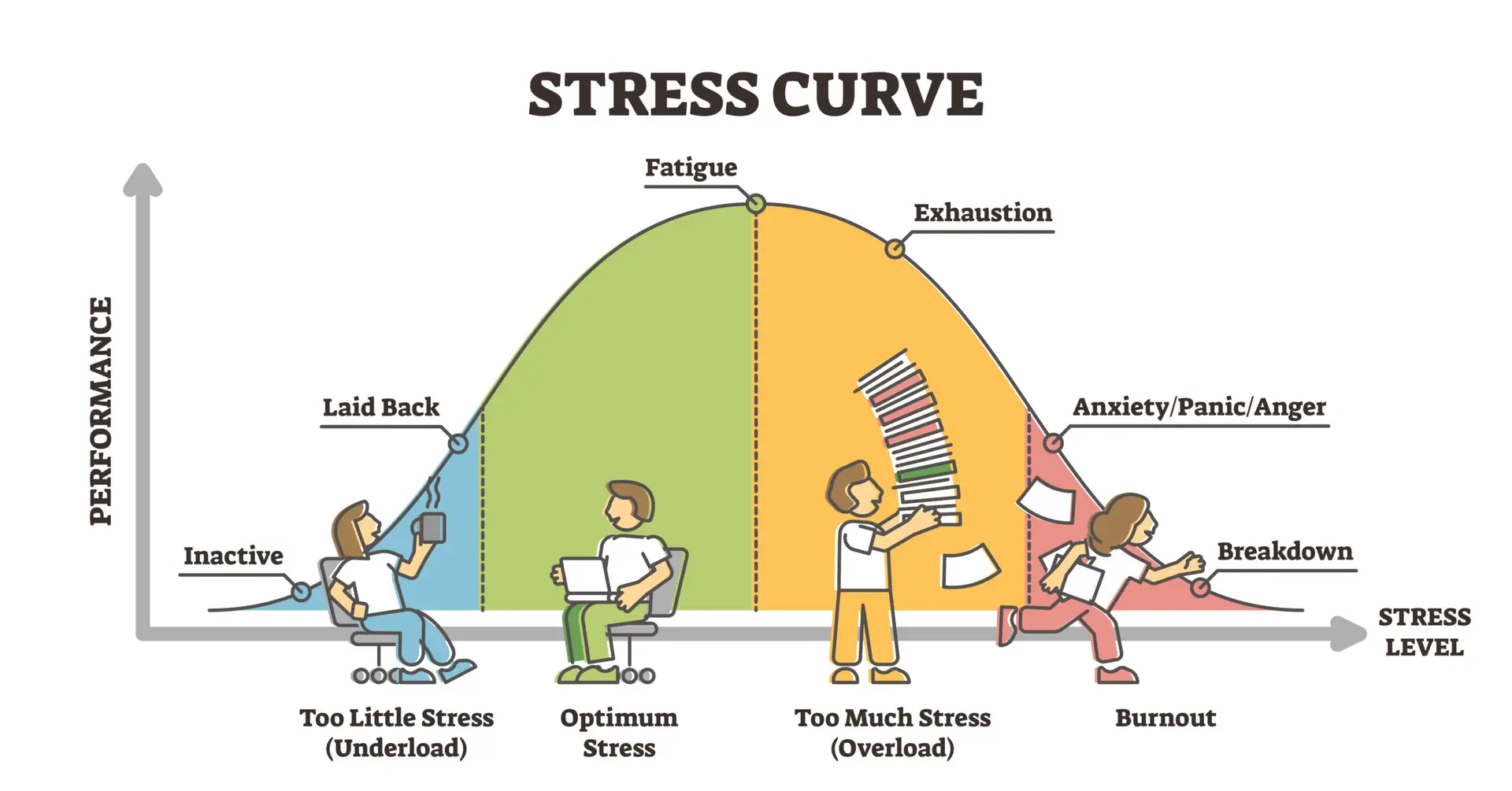Based on decades of experience in the forever changing markets, and shifting economy, we found that there are few must-dos that are consistent. As the time to land a new role gets longer with all the security checks that many companies employ nowadays, it is critical to reduce the time of waiting for the opportunity and optimise your search for your next move. Below we give you our guidance in 7 must-dos when looking for a job.
Update your CV / resume
It is a good practice to edit your CV every year anyway, but if you are actively looking for a new role, then you need to customise your CV and cover letter to the position you want to obtain. Add your new achievements and remove any irrelevant points. Keep it concise and put the most interesting points on the top.
Send your latest CV to any recruiting agents you know and upload it to your linkedin profile as well. If you are active in linkedin, and receive recruitment engagement from it, then it is critical to edit your profile to reflect your latest and greatest. Add short descriptions of what you are good at, and the responsibilities you had in your last couple of roles.
Search the market
Companies are run by humans, this means when there is a trend for a type of a job such as data science or artificial intelligence, the skills quickly become the most needed and best paid all the sudden, as companies push their budgets to keep up with the market and competition. You will need to stay relevant to the market, so if there is a skill on demand that would increase your chances to land a more lucrative job, then be prepared to learn and upskill.
Know your value
As you search the market for recruitment trends, check the salaries and benefits offered on the type of role you are looking for. Do not ask for less than the role’s market value or what you think you are worth and want to get. If you do, you will resent the role later and end up leaving just to look for another job. There are many websites such as Glassdoor that expose the salary average or range for specific roles and grade.
Know the grade
If you want to be a vice-president, then apply for vice presidents’ positions. Do not accept lesser positions with the objective to prove yourself and get promoted, as many companies do not give quick promotions to new hires, and you might end up waiting for years to get there. It does not hurt to apply for a grade above your target, the worse you will get is a rejection.
Every company has a different culture and system for titles and hierarchies of authorities, you might hear the titles: analyst, associate, assistant VP, VP, executive director, managing director, engineer, architect, and head of department, the list can go on. If you get an interview with your application, ask what this hierarchy looks like in the department you are applying for and where would be fit in in the proposed role.
Reach out and search
There are many channels to look for jobs:
- Reach out to your network of friends, old colleagues, and connections. Referrals are a powerful way to get a role that will be a good fit for you, as it usually comes recommended from a trust worthy source in your network.
- Set up filtered alerts for the type of role you want in recruiting websites such as JobServe, PerfectJobs4U, CWJobs, JobSite, Indeed, Totaljobs, and Use keywords to search for your intended job title.
- If you are using linkedin, you need to know that your name will come up in more recruiting searches if you reply fast to recruiters’ messages in the platform.
- Search in company websites. Some companies advertise for open positions, however, they often do this while recruiting internally, so you might apply for a role just to find out that it was filled in internally.
Keep track of the jobs you apply to. If you are actively looking for a new position, you may send in dozens of applications, and you might no longer remember where and when you applied. You can keep track of the jobs you applied for in an excel sheet, and chase if you don’t hear back. Remember many companies now filter applicants online through AI / algorithms. Sometimes these algorithms can have data bias, which means you might get a quick rejection for a role you are a good fit for. Don’t despair if this happens often, and keep on checking for new opportunities.
In an Excel sheet, write down which jobs you applied to and when. This way, you won’t accidentally apply to a job twice and you can remember when to follow up with an employer. If you apply for a job and don’t hear back from an employer a few weeks past the job application’s deadline, you can send them an email inquiring about their hiring timeline
Understand the role
If you are applying for the job through a recruiter, then ask them for the job description, the grade, the size of the team, information about the company, its culture, and if they are doing any transformation that relate to your role.
One of the most important questions that we are usually requested not to ask at the start as part of business etiquette is the money: what rate the company is offering for the position. I believe it is critical to not waste your time discussing a role that will underpay, so be brave and ask at the start what rate is the company offering. If the recruiter provides you a range, then ask for the highest amount in the range. Do not compromise with the aim to increase your chances for acceptance.
Calculate the salary
Once you understand what kind of salary you can get, the next step is to calculate it to comprehend how much tax you will pay on it. This will help you understand how much money you will end up with. If you are contracting for the role through a limited company, you need to plan how you will handle the tax and revenue from your income. You can use a salary calculator such as UK Tax or Salary Calc websites and phone applications.
We wish you all the best of luck with your endeavour. For more practical advice about advancing your career and accelerating your success, why not book a consultation with us.





